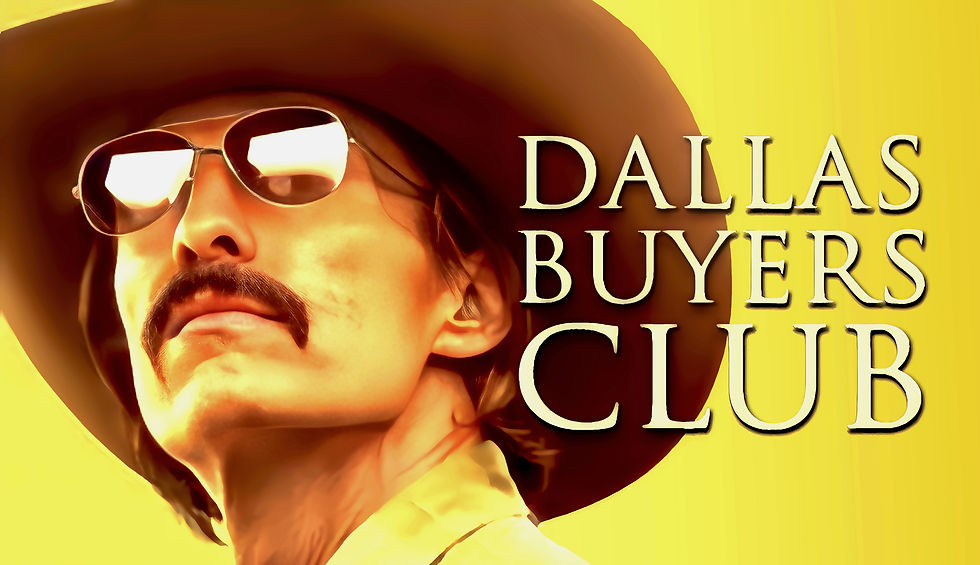'Fight Club': The Iconic Late-90's-Era Tale of Rebellion, Anarchy and Radical Self-Actualization
- James Rutherford

- Sep 23, 2021
- 1 min read

Fight Club (1999) is a now-iconic psychological drama-thriller starring Edward Norton as an unnamed office drone who narrates his own burgeoning self-actualization following a chance encounter with eccentric soap salesman Tyler Durden (Brad Pitt). First connecting on an intercontinental flight, The Narrator and Durden quickly forge a unique bond as they explore their reinvigorated machismo in an era of heightened identity angst.
Suffering from chronic insomnia and dispirited by the grind of day-to-day existence, The Narrator partners with Durden in creating an underground, bare-knuckle fighting consortium—a salve for their frustrations with society and the dominance of corporate power, in particular. As their ranks swell in number with similarly crestfallen souls, Durden soon takes the reins on an audacious offshoot of their club dubbed "Project Mayhem", a movement dedicated to anarchy and the destruction of corporate institutions—much to The Narrator's increasing concern and eventual disillusionment.
Based on the novel by Chuck Palahniuk and directed by cinematic luminary David Fincher (Seven, The Social Network), Fight Club is a sublime depiction of unbridled rebellion in late-1990's America—a pre-9/11 period of heightened disenchantment amongst younger generations. An unfortunate flop at the box office that went on to become a bonafide cult classic over the ensuing decades, Fight Club is a wildly audacious and boldly invigorating cinematic escapade bound to inspire many repeat viewings.
Watch the trailer:





Comments